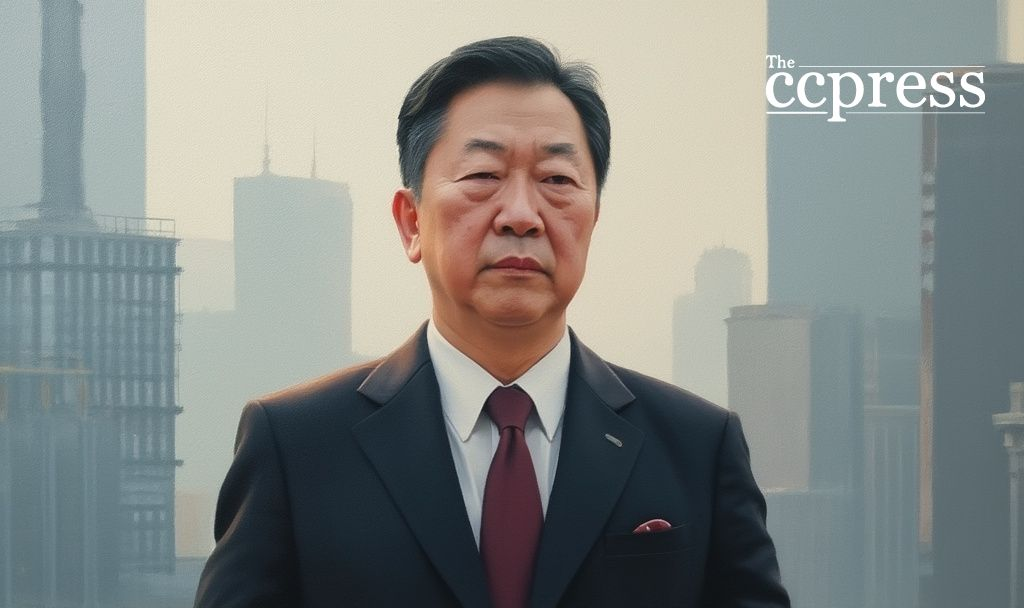- South Korea blocks major unregistered crypto exchanges from mobile platforms.
- Action impacts residents’ access to certain crypto apps.
- Compliance requirements increase for global exchanges in South Korea.
South Korea’s Financial Intelligence Unit has blocked 14 unregistered cryptocurrency exchanges on April 14, 2025, including platforms like KuCoin and MEXC, from Apple’s App Store targeting residents.
The measures enforce compliance with financial standards, targeting unregistered exchanges and preventing financial crimes like money laundering.
South Korea’s recent move to block 14 unregistered crypto exchanges aligns with its ongoing regulatory efforts. In March, the country restricted 17 apps from Google Play. The Financial Intelligence Unit, under the Financial Services Commission, is leading this initiative to enforce compliance.
These measures aim to curb illegal operations, protect market integrity, and reduce financial crimes like money laundering.
The South Korean regulatory bodies require all Virtual Asset Service Providers catering to the region to register under specific financial regulations. Exchanges must implement Anti-Money Laundering (AML) and Know Your Customer (KYC) protocols and secure ISMS certification from the Korea Internet & Security Agency (KISA). Non-compliance can result in severe penalties, including fines and imprisonment. Affected exchanges like KuCoin and MEXC have not released public statements regarding these actions.
Immediate effects include restricted access for South Korean users to download or update cryptocurrency apps from the identified exchanges. Users are advised to withdraw their assets to avoid potential complications. Discussions on platforms such as Reddit and Telegram reflect growing frustration among users who rely on global exchanges for crypto trading. Market shifts may occur as users migrate to compliant platforms.
The political implications include tightening control and oversight on cryptocurrency exchanges operating in South Korea. Financial implications for exchanges involve increased operating costs and stricter adherence to Anti-Money Laundering and Know Your Customer protocols.
Long-term outcomes may include heightened regulation and enforcement trends across other jurisdictions. Historical precedents have shown temporary market fluctuations during similar crackdowns. Compliance with these regulations might stimulate institutional interest in regulated platforms, reshaping the cryptocurrency landscape in South Korea.
